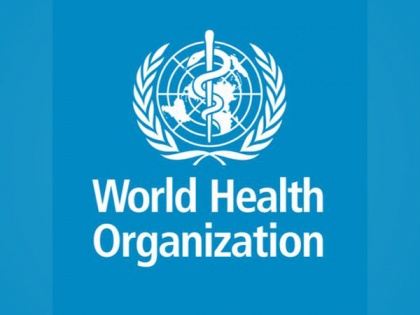Over threefold rise in trauma cases in Afghanistan: WHO
By ANI | Published: August 19, 2021 04:59 AM2021-08-19T04:59:59+5:302021-08-19T05:10:03+5:30
There has been more than a threefold rise in the number of trauma cases in Afghanistan in recent weeks, said the World Health Organization (WHO) on Wednesday, urging that delivery of lifesaving aid and medical supplies to millions of Afghans must not be cut.

Over threefold rise in trauma cases in Afghanistan: WHO
There has been more than a threefold rise in the number of trauma cases in Afghanistan in recent weeks, said the World Health Organization (WHO) on Wednesday, urging that delivery of lifesaving aid and medical supplies to millions of Afghans must not be cut.
According to the UN health agency, 70 WHO-supported medical facilities across Afghanistan treated nearly 14,000 conflict-related cases last month, which compares with 4,057 cases seen a year ago.
This comes amid an intensification of violence in Afghanistan. On Sunday, the Taliban took control of the Afghan's capital Kabul after months of an offensive against civilians and Afghan forces.
"Sustained access to humanitarian assistance, including essential health services and medical supplies, is a critical lifeline for millions of Afghans, and must not be interrupted", said Dr Ahmed Al-Mandhari, WHO Regional Director for the Eastern Mediterranean.
In a related development, following the Taliban takeover and amid ongoing apprehension over the safety of minorities, rights defenders and others in the country, the Human Rights Council announced a special session to address "serious human rights concerns".
The all-day debate, scheduled for Tuesday, follows an official request submitted yesterday jointly by Pakistan and Afghanistan with the support of 89 countries, to date.
It also comes after repeated warnings from UN rights chief Michelle Bachelet about the ramifications of failing to stem rising violence in the country and the "disastrous consequences" for the people of Afghanistan.
In a statement, WHO's Dr Al-Mandhari explained that months of violence has heavily impacted Afghanistan's already fragile health system, which continues to face shortages in essential supplies amid the ongoing COVID-19 pandemic.
The WHO senior official also insisted that the health UN agency is "committed to staying" in Afghanistan, despite the uncertain situation following the Taliban takeover on Sunday.
On Tuesday, WHO dispatched trauma and burns kit equipment to Kabul's Wazir Akbar Khan Hospital and enough basic medical kits to assist 10,000 people for three months, Dr Al-Mandhari said.
( With inputs from ANI )
Disclaimer: This post has been auto-published from an agency feed without any modifications to the text and has not been reviewed by an editor
Open in app